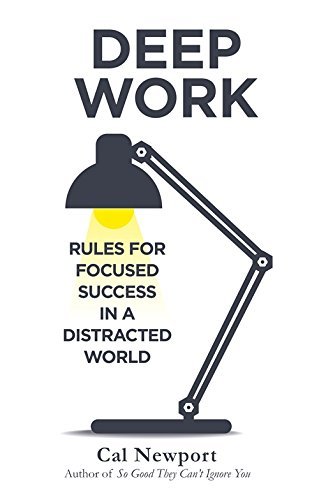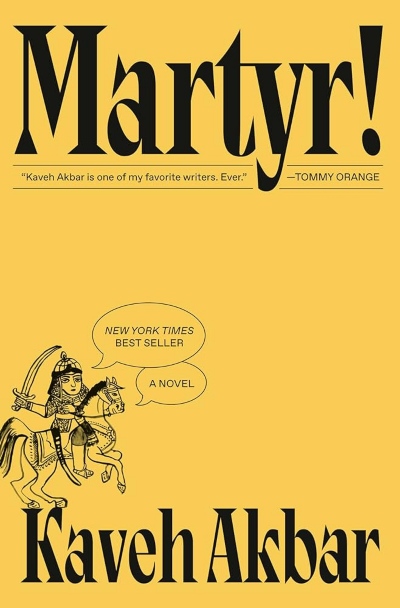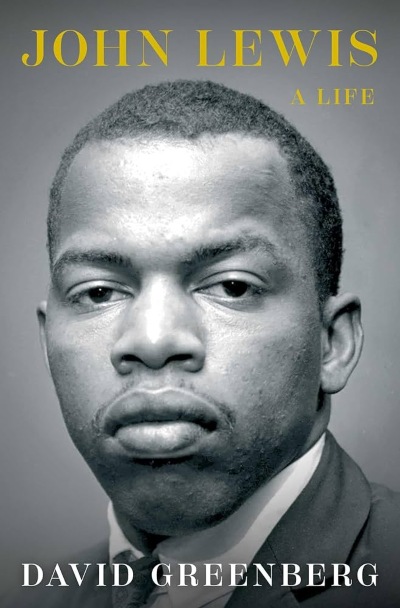Entitlement, Rumaan Alam
In Entitlement: A Novel, Rumaan Alam delves into the complexities of race, privilege, and identity in modern America through the story of two families whose lives collide in unexpected ways. With sharp social commentary and rich character development, Alam’s novel challenges readers to confront the uncomfortable realities of entitlement and belonging.
In Entitlement, Rumaan Alam presents a sharp and thought-provoking exploration of race, privilege, and identity in contemporary America. The novel, set in a world that reflects our own societal tensions, tells a story about two families whose lives collide in unexpected ways, forcing them to confront the power dynamics, privileges, and assumptions they hold. With complex characters and nuanced social commentary, Entitlement offers a layered look at who truly belongs and what it means to claim one’s place in society. You can read more in-depth analyses like this on our book reviews.
Characters at the Intersection of Race and Privilege
The novel’s main characters, Julian and Jamie, are a successful interracial couple living in New York City. Julian, a Black man who has climbed his way into a world of affluence, often feels like an outsider despite his achievements. His wife, Jamie, a white woman from a wealthy family, has long benefited from the unspoken privileges of her race and background. Their marriage reflects both their deep affection for each other and the complexities of race and class in America.
Alam portrays their relationship with depth, highlighting the subtle tensions that arise when people from different worlds come together. Julian is acutely aware of the struggles that come with being a Black man in spaces traditionally dominated by white privilege, while Jamie remains well-meaning but often oblivious to the full scope of her advantages. Alam masterfully illustrates the unspoken power dynamics between them, providing a nuanced examination of how race and privilege shape even the most intimate relationships. The novel emphasizes:
- The unspoken power dynamics between people from different racial and social backgrounds.
- The internal conflicts Julian faces in spaces dominated by wealth and whiteness.
- Jamie’s unconscious privilege and her sometimes naive attempts to address racial differences.

A Weekend Getaway Turned Upside Down
The central plot of Entitlement revolves around a weekend trip that Julian, Jamie, and their two children take to a luxurious house owned by Jamie’s family. This house, located in an idyllic, secluded setting, symbolizes generational wealth and the comfort that comes with it. It offers a refuge from daily chaos, allowing them to relax and enjoy their time together.
Their peaceful retreat is interrupted by Charles and Ruth, an older Black couple claiming to be the house’s true owners. What starts as an innocuous mix-up escalates into tension, with both couples grappling to assert their rights and identities. The novel asks: Who truly owns not only physical property but also the privileges and entitlements society unevenly distributes?

Entitlement and Ownership: Thematic Depth
At its core, Entitlement explores the theme of ownership in both literal and metaphorical ways. The central conflict over the house raises questions about who is entitled to feel safe, secure, and at home in a space—and by extension, in society. The house itself becomes a symbol of generational privilege, where wealth and status can be inherited and protected, while others are kept out or must fight for access.
Julian’s internal struggles with belonging take center stage here. As a successful Black man, he constantly grapples with feeling both included and excluded from the upper-class spaces. The arrival of Charles and Ruth intensifies this, forcing Julian to realize that wealth cannot shield him from racial dynamics.
On the other hand, Jamie’s character highlights the often unexamined privilege of whiteness. Her assumption that the house belongs to her family, and her confusion about Charles and Ruth’s claim, reflect unconscious privilege. Her naive attempts to smooth over the situation further highlight how privilege unconsciously influences her actions and perceptions.. Through these interactions, Alam deftly unpacks the invisible structures that support entitlement and the assumptions that come with it.

Fear and the Unsettling Atmosphere
As the tension between the two families escalates, Alam builds a palpable sense of fear and unease. This fear operates on several levels, from the immediate threat posed by the ambiguity of Charles and Ruth’s claims to the deeper, more existential fear of losing one’s place in the world. Julian, in particular, is haunted by the fear that his hard-won success could be taken away, or that he may never fully belong in the spaces he now occupies.
The fear is not limited to Julian, though. Charles and Ruth, too, embody a fear of exclusion—of being denied access to a space that they believe should be theirs. This fear mirrors the larger societal anxieties around race and entitlement, as different groups struggle for recognition, safety, and belonging in a world that often divides people along racial and economic lines.
Alam masterfully builds this tension through his sharp dialogue and the increasing uncertainty of the characters’ motivations. As the novel progresses, it becomes clear that there are no easy answers, and the tension is never fully resolved. Instead, Alam leaves the reader to sit with the discomfort, forcing us to reflect on the broader implications of entitlement and privilege.

Complex Characters, Uncomfortable Truths
One of Alam’s greatest strengths as a writer is his ability to create complex, multi-dimensional characters. Both Julian and Jamie are deeply flawed, but they are also relatable. Julian’s frustrations as a Black man in white-dominated spaces are portrayed with sensitivity and nuance throughout the novel. Jamie’s well-intentioned but often clueless efforts to bridge the racial divide in their relationship feel painfully realistic.
Charles and Ruth are equally complex. Their claim to the house is never fully explained, and the ambiguity of their motives heightens the novel’s sense of unease. Rather than painting them as simple antagonists, Alam portrays them as individuals who, like Julian and Jamie, are struggling to assert their right to belong in a world that is often hostile to people of color.
The novel’s refusal to provide clear-cut answers is one of its strengths. Alam understands that the issues of race, privilege, and entitlement are too complex to be neatly resolved. Instead, he invites readers to grapple with the uncomfortable truths that underlie these dynamics, offering no easy solutions but prompting important questions about the structures that shape our society.

Conclusion: A Provocative and Timely Read
Entitlement challenges readers to examine how race, privilege, and entitlement shape our world in provocative ways. Through complex characters and layered themes, Alam confronts uncomfortable realities of wealth, power, and race in modern society. The novel’s ambiguous ending raises more questions than answers, making it a powerful and thought-provoking read.
For readers who appreciate fiction that tackles difficult social issues with nuance and intelligence, Entitlement is a must-read. It offers a fresh perspective on the American upper class and the privileges that exist, highlighting persistent racial dynamics. Reflecting on the novel, I am reminded how privilege and entitlement shape both society and our most intimate relationships.. Entitlement is a timely and important novel that deserves to be widely read and discussed.






